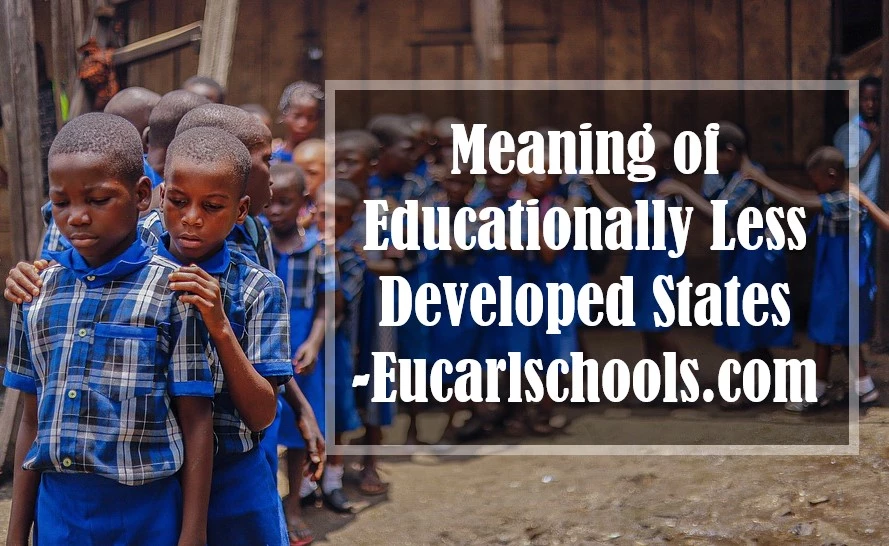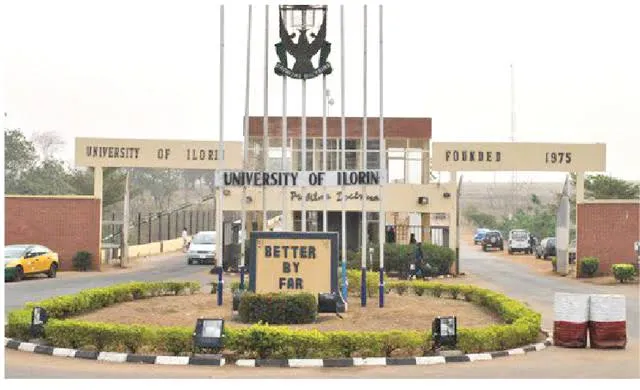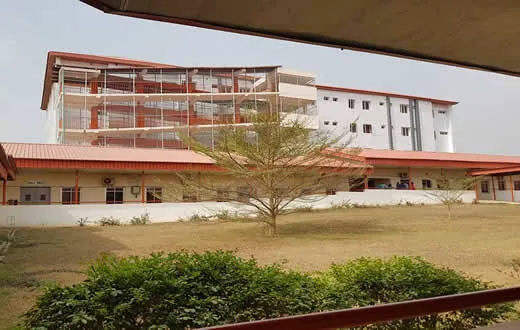Meaning of Educationally Less Developed States (ELDS)
Out of a great desire for even growth and development of the educational sector in Nigeria, the Nigerian government introduced what is known as ELDS. This was over decades back and so far, many related stakeholders have had double minds on its creation as the years roll past.
In Admission to various federal universities his article, we will be discussing the Meaning of Educationally Less Developed States (ELDS).
Meaning of Educationally Less Developed States
How about finding out the Meaning of Educationally Less Developed States and what it is about? ELDS is an acronym for Educationally Less Developed States.
With the emergence of this, students who hail from certain states are given some kind of preference in admission to various federal universities in the country. Whilst this has divided opinions, its positive effects surely can’t be overemphasized.
It would be pertinent at this point to mention the states that have enjoyed this preferential treatment. Noteworthy is to know that the list is made up of more Northern states reason being for the general apathy to education in that geographical region.
The States are:
- Bayelsa
- Ebonyi
- Jigawa
- Zamfara
- Adamawa
- Bauchi
- Benue
- Borno
- Cross river
- Gombe
- Kano
- Kaduna
- Katsina
- Kebbi
- Kogi
- Kwara
- Nasawarra
- Niger
- Plateau
- Rivers
- Sokoto
- Taraba and
- Gombe

Pros and Cons of ELDS
To gain entry into any Nigerian university, especially the federal ones, the students ought to have taken the Joint Admission Matriculation Board exams which are popularly referred to as UTME the acronym for Unified Tertiary Matriculation Examinations and thereafter sit for the POST-UTME which is handled by the various universities.
It is after the successful conduction of these exams a cutoff mark is set which really is the benchmark to get into one’s course of study.
But with those students from ELDS, the cutoff marks are generally and as some would say, drastically reduced in consideration of the relatively poor state of education in their states. This really is where stones have been thrown even when relevant authorities bring forward very reasonable explanations.
One such brought in defence is the fact that there is not exactly a uniform distribution of tertiary institutions in the country to ensure the universality of citizenry participation in education which certainly would help a developing country like hours.
This would mean that it is not only the local citizens who hail from these locations who get admitted, thus, eliminating the unfair advantage and creating an equal distribution of human resource capital.
Yet many have argued that this only created another imbalance. This is because Educationally Less Developed States (ELDS) get what many consider a huge ratio of 20% of admission slots compared to the 45 per cent and 35% of merit and catchment areas respectively.
You could really say from these figures, the best don’t entirely get into school all in the name of accommodating some others who are said to not have had the best of educational backgrounds.
In all fairness, to disprove this supposed claim, there is the fact that not just anyone gets admission simply by being from this educational less developed states. The minimum requirements certainly must be met.
A low score of 100 in the UTME wouldn’t suffice for a place in the top universities in the country even when the student is from Zamfara. The Joint Admission Matriculation Board has ensured there is a general cutoff mark set for every institution to regulate admissions which can afterwards be upped in the case of highbrow courses by the universities.
It can’t be overstated the high level of corruption that has festered. Students who desire to get admitted into very competitive courses like Medicine, Law and Pharmacy now change their states of origin to those that are part of ELDS just so they can secure admission places. Apparently, you could say a loophole has been created and students have risen up to exploit it.
Truth be told, this isn’t a rarity in the Nigerian environment or even the African climes because, in those foreign countries which we use as our standard for advancement, they get to battle with such malpractices.
Truth be told, there is such a thing as ELDS maybe not be similar in name and modus operandi, but, there are pretty many slots apart from the ones allocated for those who meritoriously deserve admission which ensures that other regions whose development isn’t at par with where the universities are sited can actually experience rapid growth which would spill into overall national growth.
Maybe the issue of this deceit is just a human problem independent of the country you could easily deduce. This doesn’t mean they shouldn’t be tackled. Certain measures in touch with the evolving times need to be set up so that we can have at least a corrupt-free scheme and its original purpose for creation is not sabotaged.
Conclusion
Haven gras[ed the Meaning of Educationally Less Developed States, if we go down memory lane and cast our minds back to the reason for its creation we just might reap the full benefits of this ELDS policy.
It is told back in the seventies, during the Civil War, there erupted suspicion and unfriendliness amongst the many ethnic groups at a time, and, if we are to be very honest, the outcrops are seen evidently in matters of national interest in the public space.
In a bid, to checkmate the animosity brewing, this whole Educationally Less Developed States (ELDS) began. One might say why not the government put all hands on deck and develop those states which are plagued with education underdevelopment rather than the creation of a biased policy?
There is some truth in that, but, it is certainly not a bad idea if both the development and the Meaning of Educationally Less Developed States (ELDS) programme run concurrently till we finally outgrow it since a major change in the educational sector isn’t a walk in the park.
It would involve a great deal of planning and time too. You just can never tell how much human resource capital would be lost because we are stuck entirely with the developmental phase of our educational sector.
So whilst we journey into the history of the Meaning of Educationally Less Developed States (ELDS to grasp its importance and relevance for the now, let’s never forget even the best inventions eventually turn out to be double-edged swords. The onus, therefore, lies in harnessing the benefits and downsizing the hazards.






